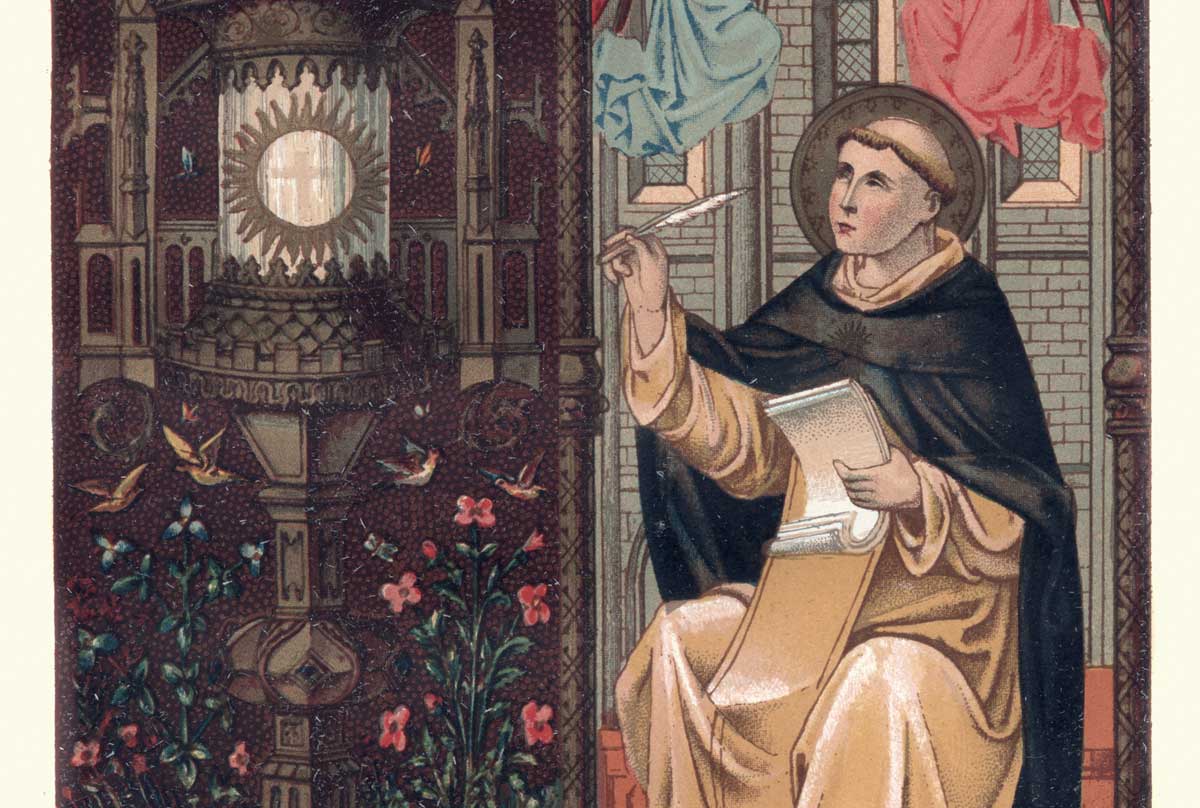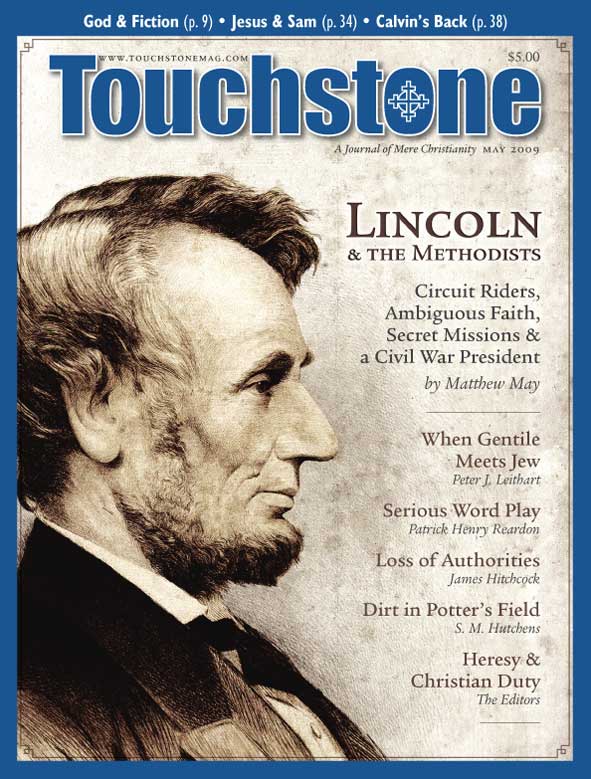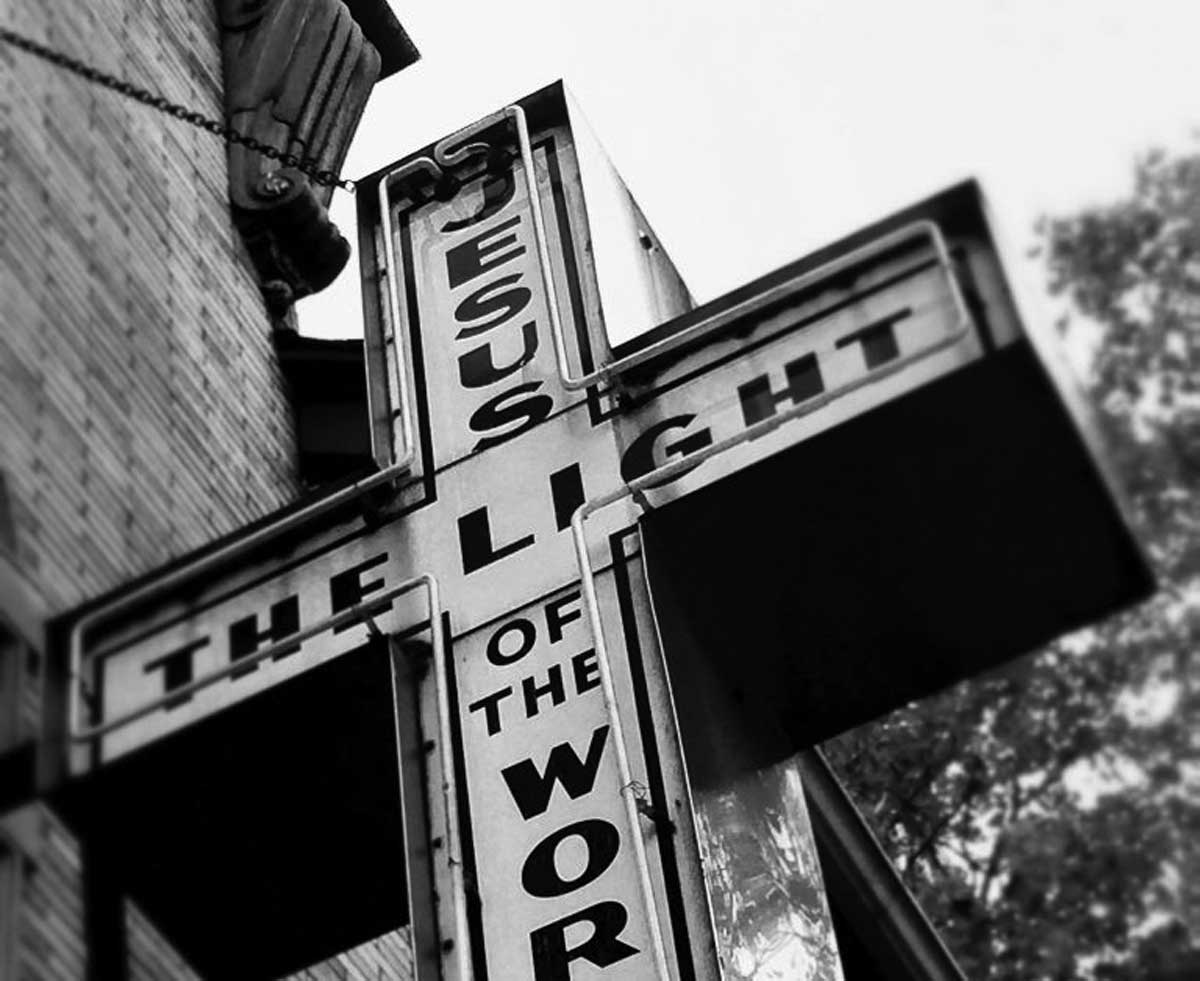View
Losing Our Grips
James Hitchcock on the Cultural Suicide of the Newly Enlightened
As the European birthrate continues to decline—a demographic catastrophe that may result in a predominantly Muslim continent within fifty years—it is tempting to see in it a pattern of conscious cultural suicide, validating one of the numerous theories of history that postulate human society as following a biological lifecycle, like aging animals resigned to being left behind by the pack.
But the reverse is more nearly true. Most Europeans probably prefer that the ethnic character of their various countries survive, but only so long as other people bear children and accept the responsibility for raising them. Self-consciously modernist Europeans, and their disciples in the United States, are governed by feelings not of obsolescence and exhaustion but of arrogant self-regard, and crucial to their self-identity is their belief that they have purged themselves of the prejudices of their ancestors and have reached a new level of enlightenment.
This arrogance is obscured by the phenomenon of “multi-culturalism,” which seems to require the humility of Westerners before other cultures. But multi-culturalism is now simply the chief way by which Westerners manifest their enlightenment, in that being multi-cultural does not mean being inferior to non-Westerners but being superior to other Westerners.
Disconnection at the Root
The cultural decline of Western Europe is most extremely manifest in the European Union’s refusal, in its Constitution, to acknowledge Christianity as having even historical importance. If properly respected, that Christian past would require contemporary Europeans to look beyond themselves and their own sensibilities to connect with enduring truths in ways that impinge on the modernist notion of liberation.
The modernist project, which inevitably culminates in “postmodernism,” has been the systematic “unmasking” of all claims to self-evident truths—religious belief is held as irrational, the family as repressive, patriotism as ignorant chauvinism, democracy as a cover for privileged interests—and in each case a continued commitment to traditional beliefs would require people to transcend their sense of themselves as the focal point of the universe.
At the root of cultural modernity is man’s disconnection not only from a sense of eternity but from a coherent understanding even of human history, a fragmentation and isolation that preclude any sense that people are part of realities larger than themselves. The general decline in the knowledge of history and the corruption of historical studies by ideological orthodoxies are both causes and effects of a cultural malaise in which people believe in no world larger than themselves and in which the traditional grand narratives—religious faith, patriotism, freedom—have been discredited.
In the United States the conflict over the nature of modernity is conveniently represented in the division between “red” and “blue” states, but not only are questions still alive in America that were long ago settled in Europe, thus far some of them seem to get resolved in ways opposite to the path Europe has chosen.
Malaise of Church & Media
However, the symptoms of cultural suicide naturally manifest themselves in those American institutions that are self–consciously modernist and enlightened. The story of the liberal churches has been told many times, but their catastrophic decline is merely one instance of a pattern that exists throughout the culture.
James Hitchcock is Professor emeritus of History at St. Louis University in St. Louis. He and his late wife Helen have four daughters. His most recent book is the two-volume work, The Supreme Court and Religion in American Life (Princeton University Press, 2004). He is a senior editor of Touchstone.
subscription options
Order
Print/Online Subscription

Get six issues (one year) of Touchstone PLUS full online access including pdf downloads for only $39.95. That's only $3.34 per month!
Order
Online Only
Subscription

Get a one-year full-access subscription to the Touchstone online archives for only $19.95. That's only $1.66 per month!
bulk subscriptions
Order Touchstone subscriptions in bulk and save $10 per sub! Each subscription includes 6 issues of Touchstone plus full online access to touchstonemag.com—including archives, videos, and pdf downloads of recent issues for only $29.95 each! Great for churches or study groups.
Transactions will be processed on a secure server.
more on culture from the online archives
more from the online archives

23.6—November/December 2010
Darwin, Design & Thomas Aquinas
The Mythical Conflict Between Thomism & Intelligent Design by Logan Paul Gage
calling all readers
Please Donate
"There are magazines worth reading but few worth saving . . . Touchstone is just such a magazine."
—Alice von Hildebrand
"Here we do not concede one square millimeter of territory to falsehood, folly, contemporary sentimentality, or fashion. We speak the truth, and let God be our judge. . . . Touchstone is the one committedly Christian conservative journal."
—Anthony Esolen, Touchstone senior editor













